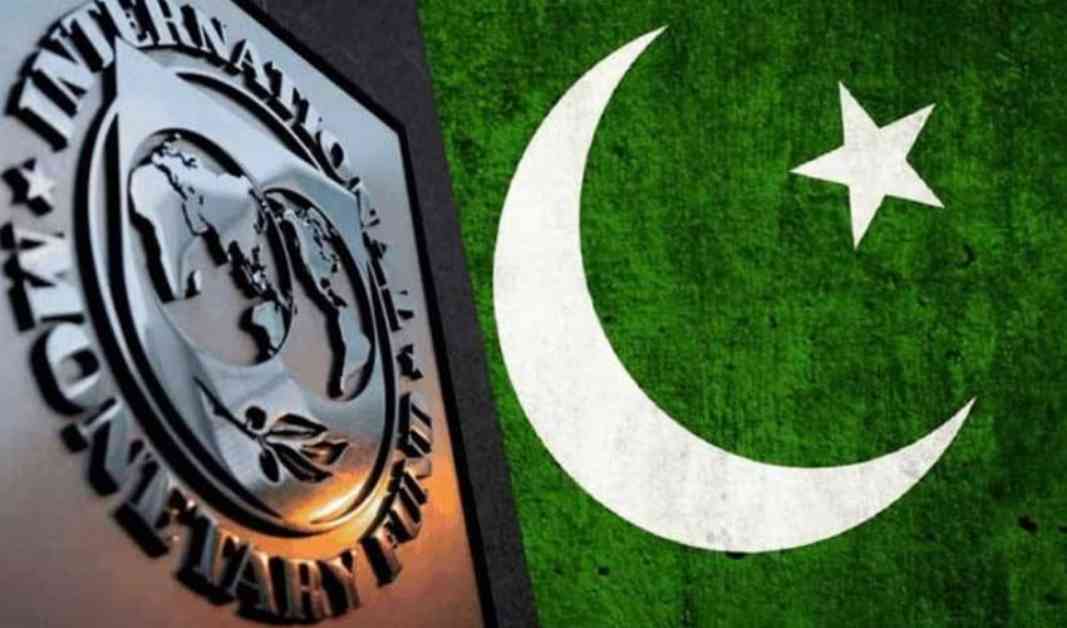A delegation from the International Monetary Fund’s Governance and Corruption Diagnostic Assessment team recently engaged in a crucial meeting with the esteemed representatives of the Supreme Court Bar Association, shedding light on the critical vulnerabilities within the Pakistani judicial system and exploring strategies to combat corruption within governmental organizations. The meeting, held in Islamabad, was a pivotal step in the ongoing evaluation of the country’s legal framework as part of the substantial $7 billion Extended Fund Facility.
Led by SCBAP President Mian Muhammad Rauf Atta, the SCBA delegation brought a wealth of expertise and insights to the table, setting the stage for a comprehensive dialogue on the pressing issues plaguing the legal landscape of Pakistan. The IMF team’s presence signified a collaborative effort to address systemic flaws and pave the way for a more transparent and efficient judiciary.
Among the distinguished attendees were Pakistan Bar Council member Hasan Raza Pasha, SCBA Additional Secretary Muhammad Aurangzeb Khan, and Balochistan High Court Bar Association President Mir Ataullah Lango, each contributing their unique perspectives to the discourse. The meeting, which spanned over an hour, unfolded in a spirit of cooperation and mutual understanding, emphasizing the shared commitment to fostering a culture of accountability and integrity in the legal realm.
The central theme of the discussion revolved around the imperative need to combat corruption as a linchpin for fostering an environment conducive to investment and economic growth in Pakistan. President Atta underscored the challenges posed by the mounting backlog of cases in lower and district courts, as well as the critical shortage of judges—a bottleneck that impedes the timely dispensation of justice and erodes public trust in the legal system.
Moreover, the conversation delved into the inefficiencies plaguing various government departments, underscoring the potential of Alternative Dispute Resolution mechanisms to alleviate the burden on courts and streamline the delivery of justice to citizens. By exploring innovative pathways to enhance governance and implement legal reforms, the participants sought to chart a course towards a more equitable and effective judicial landscape.
Emphasizing the pivotal role of stringent measures against financial crimes in fortifying Pakistan’s economic resilience, President Atta articulated a compelling case for robust anti-corruption strategies. The dialogue also grappled with the intricacies of judicial accountability, with President Atta illuminating the existing mechanisms for addressing complaints against judiciary judges, underscoring the pivotal role of bodies like the Supreme Judicial Council and relevant High Courts in upholding the integrity of the legal system.
As the meeting drew to a close, the participants emerged invigorated and empowered, armed with a renewed sense of purpose and commitment to steering Pakistan towards a brighter future. The exchange of ideas, insights, and perspectives served as a testament to the power of collaboration and dialogue in effecting meaningful change in society. In the crucible of shared deliberation, the seeds of progress were sown, heralding a new chapter in the journey towards a more just, transparent, and accountable legal framework for Pakistan and its citizens.









